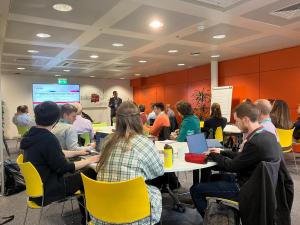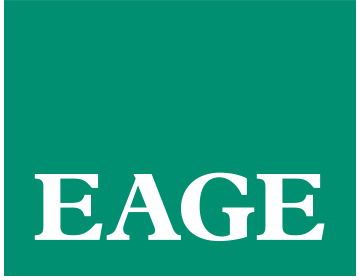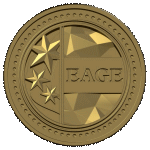As the geoscience community continues to evolve to meet the demands of the energy transition, digital innovation, and sustainable resource management, EAGE is proud to announce a new series of 11 short courses introduced over the course of the first semester of 2025. These additions to the EAGE Education Catalogue highlight the Association’s commitment to providing multidisciplinary, forward-looking training opportunities led by top-tier instructors.
These new courses will be featured at key events including the EAGE Annual Conference & Exhibition, GET2025, and the EAGE Masterclass on Geothermal Energy, while also being available through interactive online formats and as in-house training courses for companies looking to upskill their teams.
Among the new offerings is “Introduction to Python for Geoscientists” by Claude Cavelius, an ideal entry point for professionals seeking to build digital fluency. Cavelius will also teach “A Dive in AI & Machine Learning for Geoscientists”, which guides participants through the core applications of AI across geoscientific datasets, demystifying machine learning and placing it in the context of real-world use cases.

The increasing relevance of hydrogen as a clean energy vector is addressed in “Underground Hydrogen Storage in Rocks” by Kamaljit Singh. This course, to be held at GET2025, investigates subsurface hydrogen behaviour at pore-to-core scale and explores advanced imaging and modelling techniques to improve prediction and storage performance.
At the intersection of innovation and practice, Sebastien Soulas will lead two new impactful courses. “VSP Technology – From Check Shot to Advanced Distributed Acoustic Sensing” walks participants through the evolution of VSP, now revolutionised by DAS systems; “Borehole Seismic Monitoring for Sustainable Energy Solutions” adopts a wide-lens view of how borehole seismic data can be integrated into New Energy projects.“I do believe that a holistic approach to understand value and limitations of borehole seismic data and its complex integration with surface seismic for New Energies geophysical monitoring and reservoir characterisation is paramount,” says Soulas. “Experienced and young professionals spanning from geologists, geophysicists, geoscientists, and reservoir engineers could benefit from joining these courses. ”
Another major highlight is Ian Jones’ much-anticipated course on “State of the Art in Full Waveform Inversion (FWI)”, which many seized the chance to attend during the EAGE Annual in Toulouse. With decades of experience in velocity model building, Jones offers participants a comprehensive understanding of the various FWI implementations—shedding light on their motivations, limitations, and future possibilities. “I saw a need to focus on these many variants of FWI, outlining the motivation for the development of each method, its limitation, and potential benefits” he notes.
The catalogue also expands into stratigraphy and structural analysis with courses such as “Clastic Sequence Stratigraphy: Concepts, Methods and Workflows” by Rene Jonk and “Structural Geology Must Knows” by Pascal D. Richard. Richard also leads “Integrated Fracture Characterisation and Fracture Modelling”, providing a unified approach to understanding fractures across scales, ideal for those working in exploration or reservoir development.
Subsurface system modelling is further supported with “Practical Basin Modelling, Petroleum System Analysis and Geochemistry” by Naidu Bodapati, while “Geothermal Energy Systems and Their Role in the Energy Transition”, led by Andrea Moscariello, addresses a key pillar of sustainable energy solutions. This course will be part of the EAGE Masterclass on Geothermal Energy in November in Paris and GET2025 in Rotterdam, The Netherlands.

Finally, reflecting the changing energy landscape, Shaji Mathew brings a new course to GET2025: “Seismic Data Processing for Offshore Wind Farm Development”. The course addresses the growing need for high-resolution seismic data in wind energy infrastructure development, guiding participants from legacy data reuse to state-of-the-art acquisition and processing techniques.
With more than 100 short courses now available across classroom, online, and in-house formats, EAGE’s training programme continues to grow to offer more depth and diversity for your continuous professional development.
EAGE members benefit from special discounted rates for both online and in-person course registrations. Whether you’re looking to explore AI, support the energy transition, or refine your seismic expertise, these expertly developed courses offer practical tools to help you thrive in your geoscience career.






